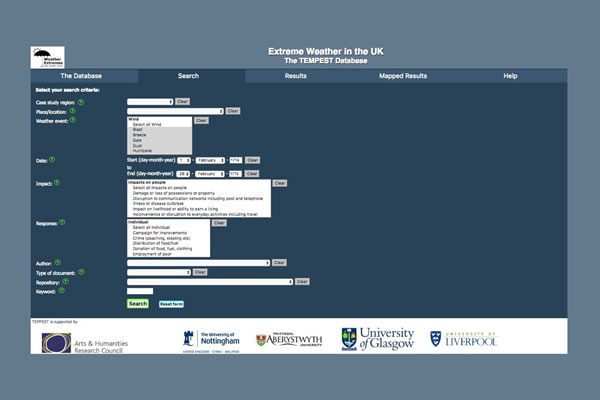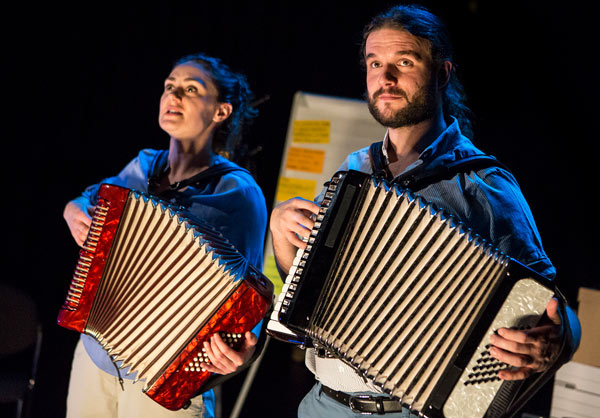A Watch of Nightingale Postcard Poems
by Bethan Roberts
Posted on: 15 June 2020
Imagining both utopian and dystopian climate futures is crucial – which is why cli-fi is so important
We are headed towards a future that is hard to contemplate. At present, global emissions are reaching record levels, the past four years have been the four hottest on record, coral reefs are dying, sea levels are rising and winter temperatures in the Arctic have risen by 3°C since 1990. Climate change is the defining issue of our time and now is the moment to do something about it. But what?
Posted on: 21 September 2019
Extreme weather in 21st Century Britain
In recent years, extreme levels of rainfall have led to flooding across various parts of the United Kingdom. The November to January period of 2015/16 saw the wettest three-months in UK rainfall series since records began in 1910. Storms Desmond, Abigail, Frank and Gertrude hit Britain over these months and approximately 16,000 properties in England were flooded. Scientists are wary to directly correlate such extreme weather with climate change, but recent modelling studies do point towards the role of human-induced global warming in causing such weather.
Posted on: 2 June 2019
Books and Birds Field Trip
Second year student Alice Burgess reports on the English department 'Books and Birds' field trip: A day on the Wirral explore birds on the page and in the sky.
Posted on: 25 April 2019
The future for cli-fi: interview with Dan Bloom.
Liverpool PhD Student Bernadette McBride, interviews the journalist Dan Bloom, who coined the phrase 'Cli-Fi, for the Literature and Science Hub, University of Liverpool.
Posted on: 16 November 2018

Collaborative Poem from the Made from Light Tate workshops
Writer Philippa Holloway talks us through a collaborative poem that emerged through her writing workshops with members of the public at Tate Liverpool.
Posted on: 2 August 2018

Liverpool's Bethan Roberts discusses her research on BBC Radio 4
Listen to Bethan and others discuss the nightingale on the BBC's Natural Histories programme using the link below
Posted on: 12 October 2017
Citizenship in the Anthropocene
The hottest year on record was 2016. It was also the year scientists advised that Earth’s citizens were now living in the Anthropocene, the name proposed for an epoch in which humans influence geology and environment on a global scale.
Posted on: 26 February 2017


